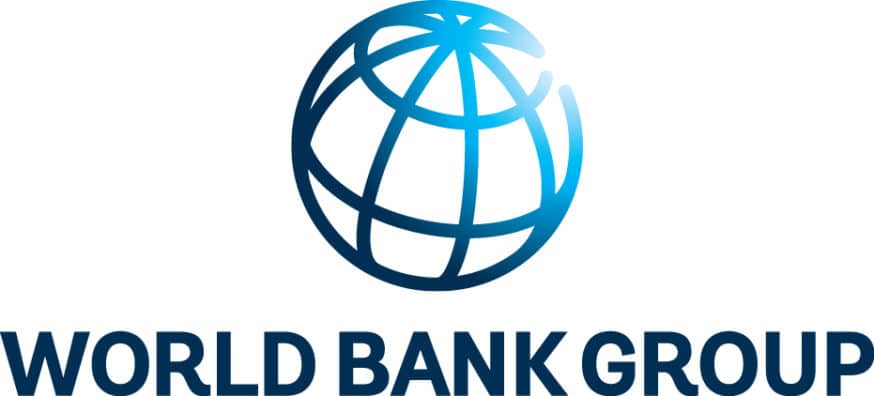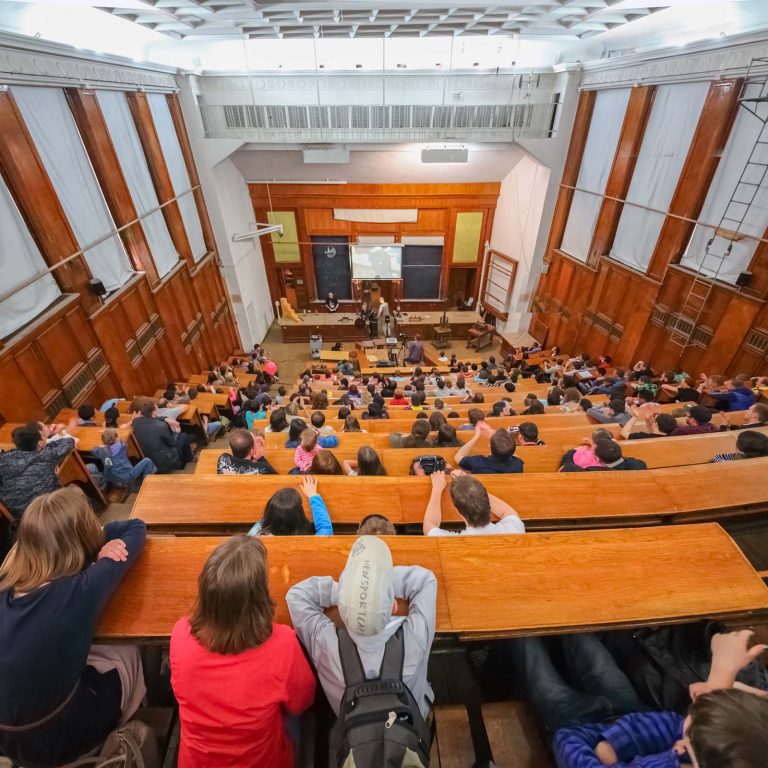
2018-10-2 04:42 |
In September 2017, the Defense Advanced Research Projects Agency (DARPA) approved research into blockchain technology. Since this approval, DARPA researchers have examined multiple different blockchain-based systems. These researchers are looking towards DARPA blockchain programs to improve their logistical, communications, and security systems. Given the unique aspects that blockchain technology brings to the table, it’s no surprise that DARPA’s interests in this technology continue to expand.
Rising ThreatsCyber-attacks are on the rise globally. A recent study revealed that there were over seven million international data breaches every day during 2017. This study also showed that hackers improve their attack mechanisms much faster than companies improve their security procedures.
Data IntegrityOne of the main areas of concern that DARPA researchers look to improve with blockchain technology is data integrity. Data integrity systems verify that information is still in its original state, and show who’s viewed the data. Verifying a piece of data’s integrity is paramount when discussing national defense. DARPA wants to be able to instantly know when unauthorized intruders access their information.
DARPA Blockchain StrategyThis approach showcases the disparity between hacking techniques and their defensive strategies. It signals a change from the traditional means of attempting to stop hackers prior to their attack. Instead, DARPA wants to know if and when someone accesses their system, and what changes were made during the intrusion. Distributed ledger systems provide the ability to track and verify a document’s validity in near real time.
DARPA Office via Forbes
DARPA recently granted a $1.8 million contract to the cybersecurity firm Galois. Specializing in mathematical code verification, the firm received the grant to conduct further research on the integration of different blockchain technologies in coding. DARPA wants Galois’ verification technology to test for blockchain-based codes, which cannot be hacked, in preparation for the future cyberwars.
Timothy Booher, DARPA’s former blockchain program manager explained that the new approach is akin to mid-evil castle walls. In an interview with Quartz, Booher told interviewers that while castle walls help to keep people out, it’s more important to know if anyone has entered the castle, and if so, what they did while they were there.
Blockchain MessagingTroops on the ground need a way to communicate securely with headquarters. In the past, it’s been difficult for the military to accurately assess when communication channels or systems are compromised. Compromised communications can cost soldiers their lives.
DARPA seeks to tighten their inter-office satellite communications systems with this move. By decentralizing significant portions of the US Department of Defense (DoD) back office, validated data can be sent instantaneously, thereby, reducing exposure to hackers and extended data transmission delays.
In April, the DoD announced development plans for a secure messaging platform. According to the public announcement, DARPA seeks a “secure messaging and transaction platform accessible via a web browser or standalone native application.”
One platform requirement is that it must utilize an existing blockchain such as Bitcoin or Ethereum. Additionally, the app must be scalable and undergo commercial testing.
Hardware SystemsMilitary hardware has become highly technical in nature. Today’s weapons of war depend on the successful communication of numerous electronic systems. It’s critical that all of these systems work together properly. A failure of one system, such as GPS, could result in accidental casualties.
The trustless nature of blockchains could protect these systems in the future by creating a transparent atmosphere where all network interactions are time stamped and monitored.
Military LogisticsElectronic communications and cybersecurity aren’t the only use scenarios in which DARPA envisions blockchain integration. A report published in December 2017 revealed that the National Defense Authorization Act (NFAA) for 2018 includes a provision which orders the DoD to increase blockchain research regarding logistical implementations.
Supply ChainA research team from The Defense Acquisition University noted that supply-chain attacks make up a large percentage of the total number of cyber-attacks the US encounters. In most instances, attackers alter, fake, or infect data within the supply chain process. Locating an attacker in this sea of data proves to be a challenge using the current systems in place.
The Office of the Director of National Intelligence stated that the US supply chains are under constant assault from adversaries and foreign operatives. The most common attacks focused on stealing sensitive research and development program material, inserting malware into systems, and gathering personally identifiable information on agents.
3D Printing Supply ChainThe US Navy wants to use blockchain technology to secure its growing 3-D printing systems. Additive manufacturing, as it is known in the Navy, creates critical equipment for deployed forces. In an interview with Maritime Executive, Lieutenant Commander Jon McCarter explained that “the technology underpinning the cryptocurrency Bitcoin will likely revolutionize much of the way we do business.” He also stated that it might “also revolutionize naval additive manufacturing.”
Defense Contractors Using BlockchainDARPA continues their blockchain ambitions alongside a host of defense contractors. The nation’s largest defense contractor, Lockheed Martin, announced a strategic partnership with the blockchain logistics firm, Guardtime Federal in April of this year. This agreement was the first of its kind. The firm’s tasks include addressing cyber threats related to supply chain risk management systems, engineering processes, software development, and weapon systems.
DARPA Blockchain TechnologyIt’s no surprise that DARPA looks to increase their usage of blockchain technology. They are not alone in this desire to weaponize blockchain technology. The stakes are high in the battlefield, where information dictates the winners.
These latest developments showcase the growing integration of blockchain tech into military applications. DARPA seeks to be a global leader in this field. It now appears that the outcome of future military conflicts could hinge on a countries level of blockchain usage.
The post DARPA Blockchain Programs appeared first on CoinCentral.
origin »Bitcoin price in Telegram @btc_price_every_hour
High Performance Blockchain (HPB) на Currencies.ru
|
|




















